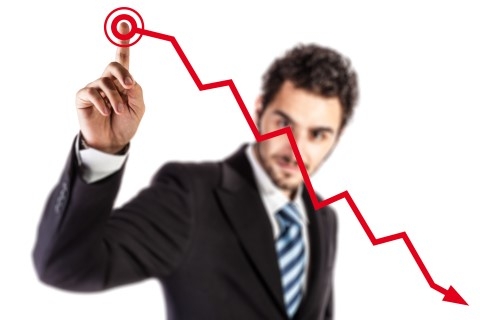
PMI further plummets to 47.7 in June as costs skyrocket
Inflation levels for purchase costs hit a six year high.
Business conditions in Hong Kong’s private sector economy extended its steep downfall after dropping from from 47.8 in May to 47.7 in June representing the steepest deterioration in nearly two years, according to IHS Markit.
Also read: Trade war could cut 1% of Hong Kong's GDP
The Nikkei Hong Kong PMI is a leading indicator of economic health as it gauges business conditions in the private sector. PMI readings below 50 represent an economic contraction.
Firms held back on purchasing activity amidst mounting costs of raw materials including paper, copper and plastic. This comes as overall input costs rose to the strongest degree in four months with inflation for purchase costs hitting a six-and-a-half year high.
“Output and new orders both continued to decline at solid rates, with Chinese demand softening for a second straight month. Business confidence fell to the lowest in 15 months, dampening any hopes that the private sector could mount a quick recovery,” Bernard Aw, principal economist at IHS Markit said in a statement.
Firms also bore the brunt of sluggish sales due to intensifying competition, weaker economic environment and rising trade war jitters. “Companies reported softer client demand, especially from China. Sales to China fell for a second straight month, though at a slower rate than in May,” the report noted.
Aw adds that amidst a strong relationship between the Nikkei Hong Kong PMI and the SAR’s GDP, the recent poor performance is expected to be keenly felt by Q3.






















 Advertise
Advertise







